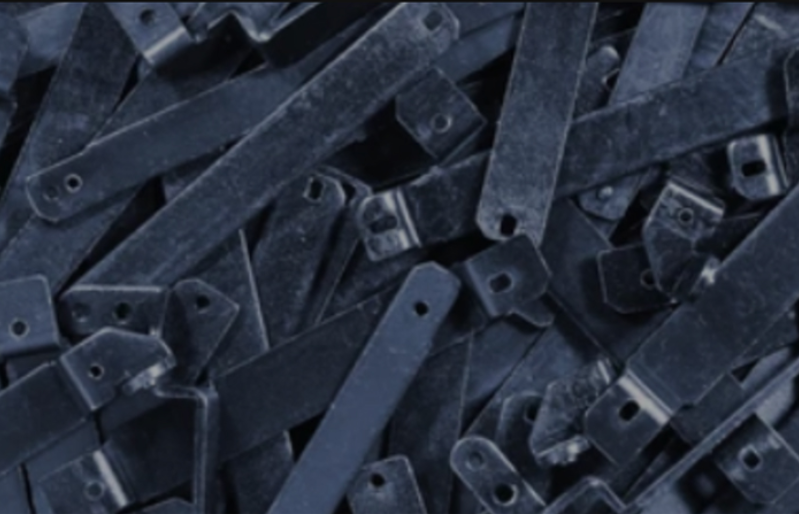Die casting is a widely used manufacturing process that involves the production of high-quality metal parts with great accuracy and surface finish. This article will provide an introduction to die casting, including its process, applications, and benefits.
Die casting is a metal casting process that utilizes strong and reusable molds, called dies, to produce complex and intricate metal parts. The process involves injecting molten metal, typically aluminum, zinc, or magnesium, into the dies at high pressure. Once the molten metal solidifies, the dies are opened, and the finished product, known as a casting, is ejected.
There are two main types of die casting processes: hot chamber die casting and cold chamber die casting. Hot chamber die casting is mainly used for metals with low melting points, such as zinc, where the injection mechanism is immersed in the molten metal. Cold chamber die casting, on the other hand, is used for metals with high melting points, such as aluminum and magnesium, where the injection mechanism is separate from the molten metal.
Die casting is preferred over other manufacturing processes, such as sand casting and investment casting, due to its ability to produce parts with tight tolerances and excellent surface finish. The dies used in the process are made from hardened tool steel and can withstand high temperatures and pressures, ensuring the production of consistent and high-quality parts.
The applications of die casting are vast and diverse. It is commonly used in the automotive industry to produce engine components, transmission cases, and structural parts. The aerospace industry also utilizes die casting for manufacturing aircraft components, such as engine housings and brackets. Additionally, die casting is employed in the production of consumer electronics, household appliances, and various industrial equipment.
One of the key benefits of die casting is its cost-effectiveness. The high production rates and the ability to produce complex shapes in a single operation make die casting a highly efficient process. The dies used in die casting have a long lifespan and can produce thousands of parts before requiring replacement. This results in lower production costs and faster turnaround times compared to alternative manufacturing methods.
Die casting also offers excellent dimensional accuracy and repeatability. The dies are precisely machined to create the desired shape and size of the part, ensuring consistency among multiple castings. This makes die casting an ideal choice for mass production, where identical parts are required.
Furthermore, die cast parts have superior mechanical properties. The rapid cooling of the molten metal during the die casting process results in a fine-grained microstructure, enhancing the strength and hardness of the castings. This makes die cast parts highly durable and capable of withstanding demanding conditions.

Moreover, die casting allows for the integration of additional features and details, such as logos, lettering, and textures, directly into the casting. This eliminates the need for secondary operations, such as machining or surface finishing, reducing both time and costs.
In conclusion, die casting is a versatile and cost-effective manufacturing process that produces high-quality metal parts with great accuracy and surface finish. Its ability to produce complex shapes, its wide range of applications, and its numerous benefits make it a preferred choice in various industries. With advancements in technology and materials, die casting continues to evolve and improve, further expanding its potential in the manufacturing world.
-

- Rafmagns reiðhjól Magnesíumblendi 12 tommu Innbyggt hjól 36v10ah rafmagns bifhjól
-

- Magnesium alloy die-casting Auto parts Front bumper Anti-collision beam
-

- Magnesium thixomolding parts laptop housing cover B
-

- Vinsælt íþróttahjól fyrir börn Hágæða jafnvægishjól fyrir börn Barnahjól
-

- Thixomolding hjálmur úr steypu úr mangensíumblendi
-

- Magnesíum álfelgur Thixomolding rafmagnsdeigshús

 0086-750-5616188
0086-750-5616188 +86 13392089688
+86 13392089688 sales@zhongmei-tech.com
sales@zhongmei-tech.com







